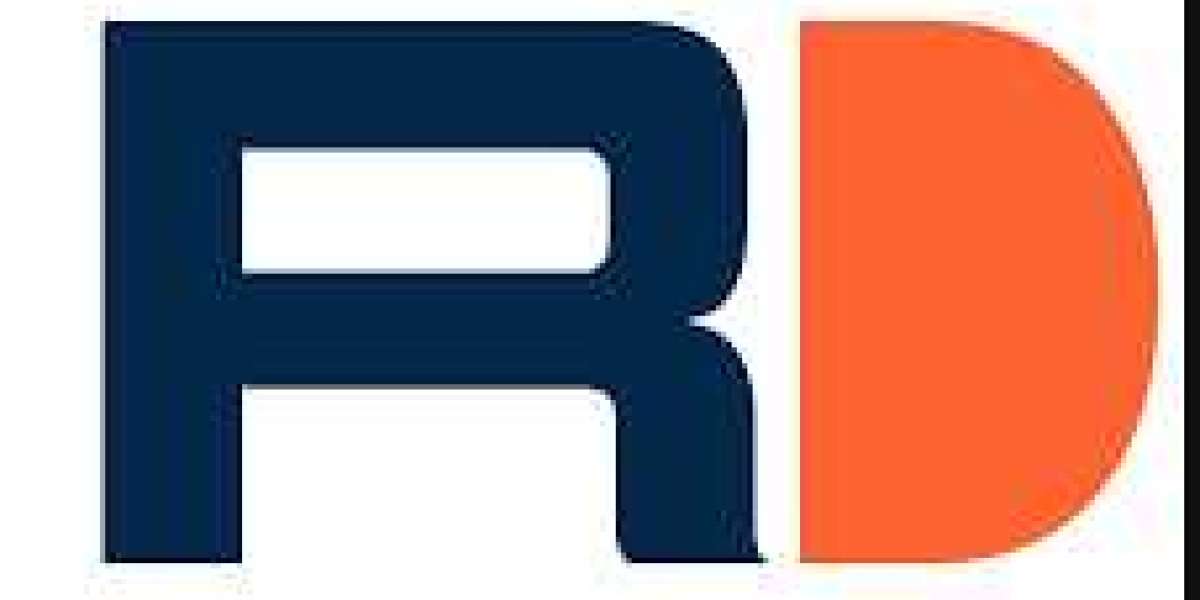Market Insights
Healthcare research and the high demand for food are key areas where next-generation sequencing is being used extensively. Increasing genetic disorders are being diagnosed which has drastically increased the demand for next-generation sequencing. Moreover, the use of this technology in drug discovery is significant and expected to drive growth as the demand for effective drug therapies increases.
Increasing awareness, employment of various growth strategies and ongoing technical advancements are expected to provide the market with ample opportunity for growth. However, the high initial cost of implementing technologies, and the requirement for storage of large volumes of data as well as a lack of skilled workforce to run the technology are challenges to the growth of the Next Generation Sequencing market.
Next Generation Sequencing Market Size was valued at USD 9.46 billion in 2021 and is projected to grow from USD 11.23 Billion in 2022 to USD 44.24 billion by 2030, exhibiting a compound annual growth rate (CAGR) of 18.70% during the forecast period (2022 - 2030). Also known as massive parallel sequencing or high throughput sequencing technology, next-gen sequencing has been transformative for the field of genomic research as it allows the sequencing of a complete human genome in a very short amount of time. During the process, the genetic material is extracted, fragmented, and associated with various factors for amplification. As such, this technology is highly effective and advanced thus driving its adoption and growth. The improved speed and reduced costs are expected to drive market growth. Use in clinical applications, agricultural applications, and forensic applications are growing rapidly.
DNA technology has come a long way, and next generation sequencing is expected to take DNA technology further than ever before. Market Research Future's report on the global next-generation sequencing market divulges key details regarding the growth of the market as well as various vital facts, figures, and prediction of growth of the global market.
Market Segmentation
Analysis of the markets several parts are included in MRFR's segmental analysis which has been performed on the basis of technology, service product, application, end-user, and region.
The technology used in next-generation sequencing includes whole exome sequencing, CHIP sequencing, whole genome sequencing, methyl sequencing, targeted resequencing, de novo sequencing, and RNA sequencing, next generation sequencing data analysis.
By service product, the next generation sequencing market has been segmented into consumables, sample preparation, platforms services for platforms, and sequencing services. The sample preparation segment is further divided into end repair, A-tailing size selection, quality control, library preparation target enrichment, and DNA fragmentation. Other sub-segmentations have been mentioned and expounded on in the report.
Applications of next-generation sequencing include genetic screening, drug discovery, diagnostics, agriculture animal research, and others.
End-users of next-generation sequencing include hospitals clinics, academic institutes research centers, pharmaceutical biotechnology companies, and other end-users.
Regional Analysis
The global next generation sequencing market is segmented into key regions which include the Americas, Asia Pacific, Europe, and the Middle East Africa. North America in the Americas region is slated to lead the market with the largest share due to the high competition between market players in the region as well as the rising demand for next-gen sequencing in the healthcare sector of developed economies such as the US and Canada. Moreover, the presence of a significant healthcare sector in the region combined with growing investments in healthcare toward the development of therapies for chronic diseases will push growth during the forecast period.
The European region has the second largest market due to the significant RD activities that take place in the region with regards to various fields including healthcare. The presence of pioneering next-gen sequencing technology market players are expected to make an impact on the market. However, growth here is restrained due to regulations and fragmentation of the market across Europe.
Key Players
The notable Next-Generation Sequencing market players that have been included in MRFR’s competition are Oxford Nanopore Technologies, Ltd., BGI, Pacific Biosciences of California, Inc., PerkinElmer, QIAGEN N. V., Eurofins Scientific, Agilent Technologies, Macrogen Inc, Illumina, Inc., and Thermo Fisher Scientific, Inc. are among
About US:
Market Research Future (MRFR), enable customers to unravel the complexity of various industries through Cooked Research Report (CRR), Half-Cooked Research Reports (HCRR), Raw Research Reports (3R), Continuous-Feed Research (CFR), and Market Research Consulting Services.








